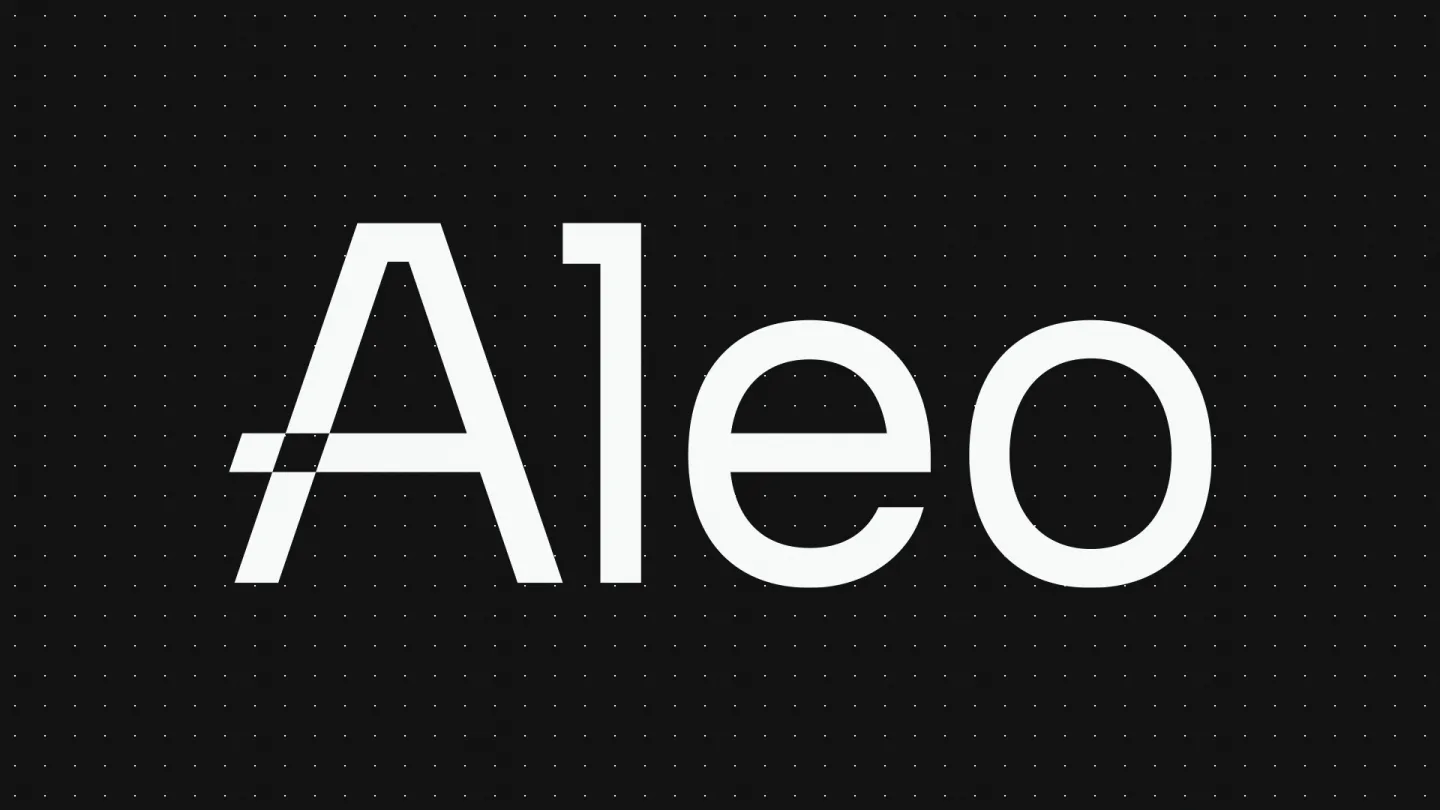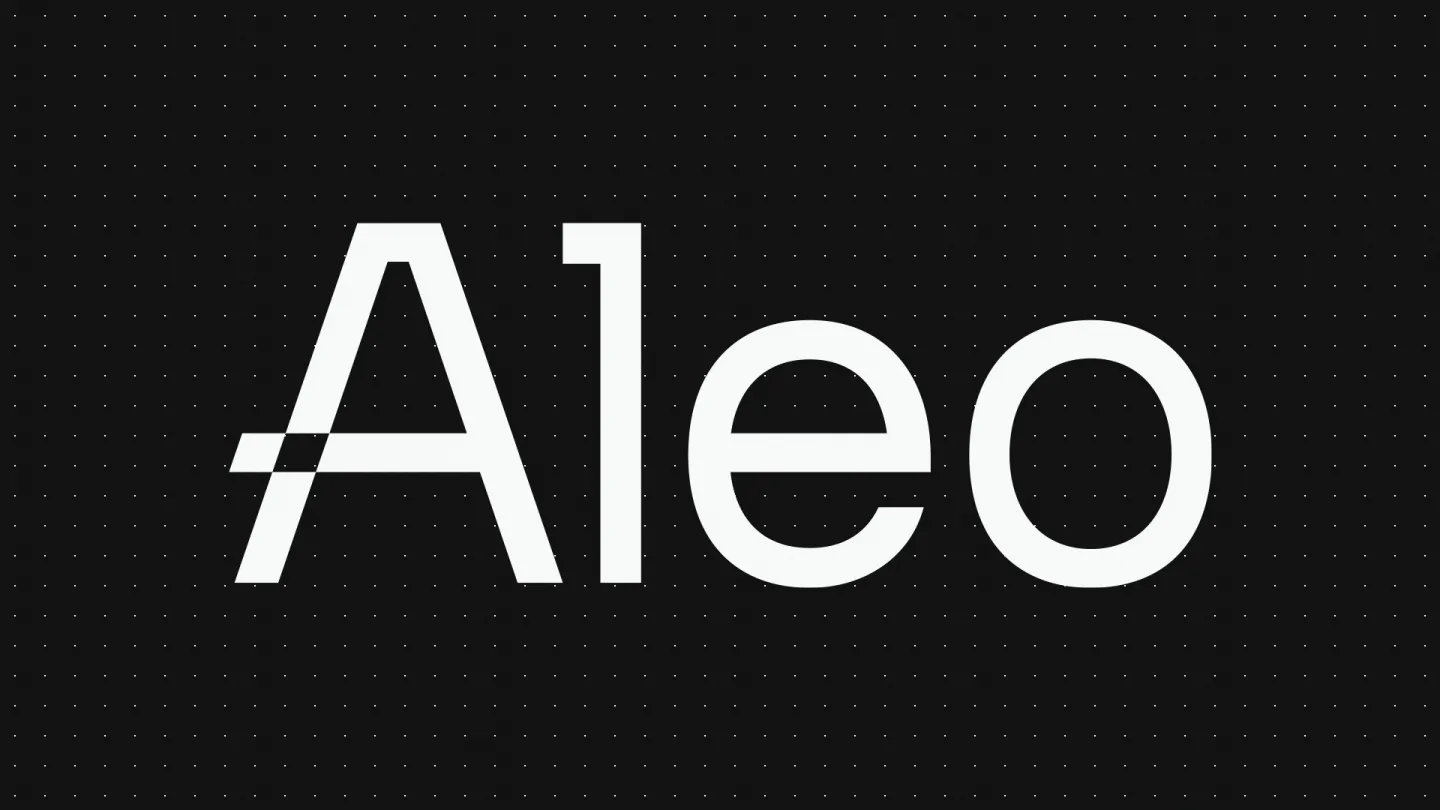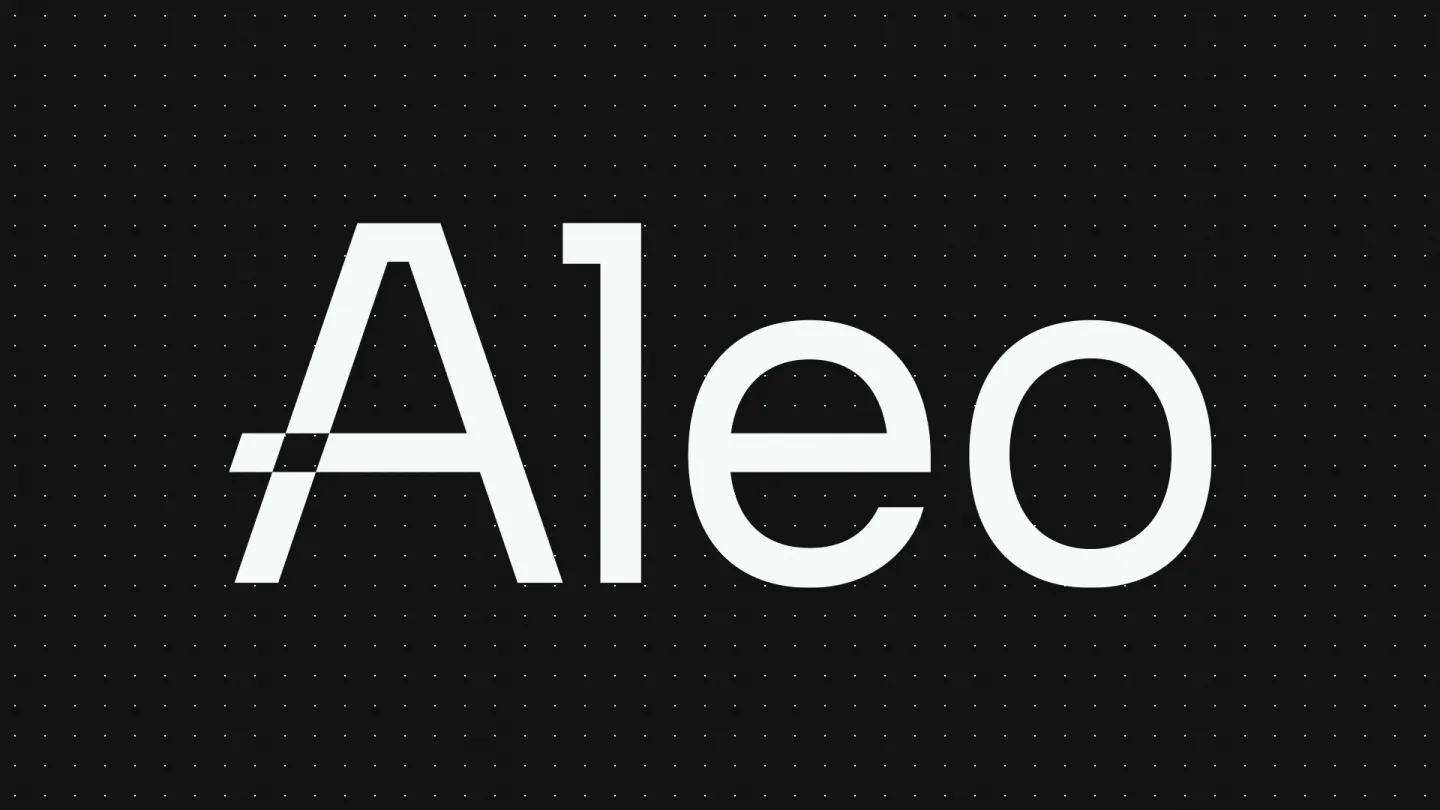Key Takeaways
- Privacy-Focused Applications: Aleo’s zero-knowledge proofs enable private, secure transactions for various use cases, including finance, gaming, and identity verification.
- Decentralized Finance (DeFi): Supports confidential DeFi applications where user data and transactions remain hidden.
- Private Smart Contracts: Allows developers to build privacy-preserving smart contracts with enhanced security.
- Data Privacy: Enables sensitive data management and sharing without compromising user privacy.
- Scalable Solutions: Aleo’s zkCloud supports off-chain computations, increasing scalability.
Introduction to Aleo’s Real-World Uses Cases
Aleo is a zero-knowledge (ZK) cloud computation smart contract platform supported by its snarkOS, snarkVM, and zkCloud architectures.
Aleo’s all-encompassing privacy-infrastructure makes it a leading-edge solution focused on solving many of the internet’s challenges related to lack of privacy.
As such, Aleo is built with this central ethos in mind; not only as a means to change how privacy is used on the internet, but as a solution to solve the larger problems that lack of privacy present within all of our online interactions and the impact that have on our lives.
Whether blockchain-specific or otherwise, these challenges must be solved through a vast interconnected network of system types and utilities that address persistent issues in a wide range of industries over a vast number of use cases.
Therefore, this analysis will touch on how Aleo’s cloud computation network and blockchain infrastructure is designed to fulfill a wide range of privacy-focused ZK solutions that support actual real-world uses. These include, but are not limited to:
- Healthcare: Healthcare utilities on Aleo include medical record keeping and storage, disease tracing and screening, pharmaceutical, and others.
- Traditional finance: TradFi uses on the Aleo network could potentially include portfolio management, accounting and taxes, fintech, banking, investing, insurance, credit scoring, and more.
- Intellectual property: Aleo is designed to address numerous uses in intellectual property protection for patents, trademarks, and copyrights in a host of industries.
- Payment networks: Various types of payment networks must make use of adaptable privacy infrastructure as a means to help modify transparency levels for banking, retail, cryptocurrency, employee salaries, remittances, and others.
- Digital identity and credential management/verification: zPass and other future identity frameworks, whether in-house or not, are pivotal for addressing identity and credential verification issues for various industry-specific service providers, which will ultimately allow users to make use of various services without revealing their all-important sensitive information.
- Machine learning and artificial intelligence: zkML, Leo, and neural networks on Aleo combine to train a vast number of machine learning algorithms for use in a wide range of industries.
In addition to the uses outlined above, many of the applications and protocols built on Aleo are focused on zero-knowledge decentralized finance (ZeFi), Aleo’s proprietary privacy-preserving DeFi framework. In a larger context, ZeFi refers to peer-to-peer financial services that are private-by-default. These include:
- Decentralized money markets
- Perpetual futures trading platforms
- Decentralized exchanges
- NFT’s and NFT marketplaces
- Lending and borrowing protocols
- Decentralized Autonomous Organizations (DAOs)
- Restaking protocols
- Privacy-focused wallets
- Dark pools
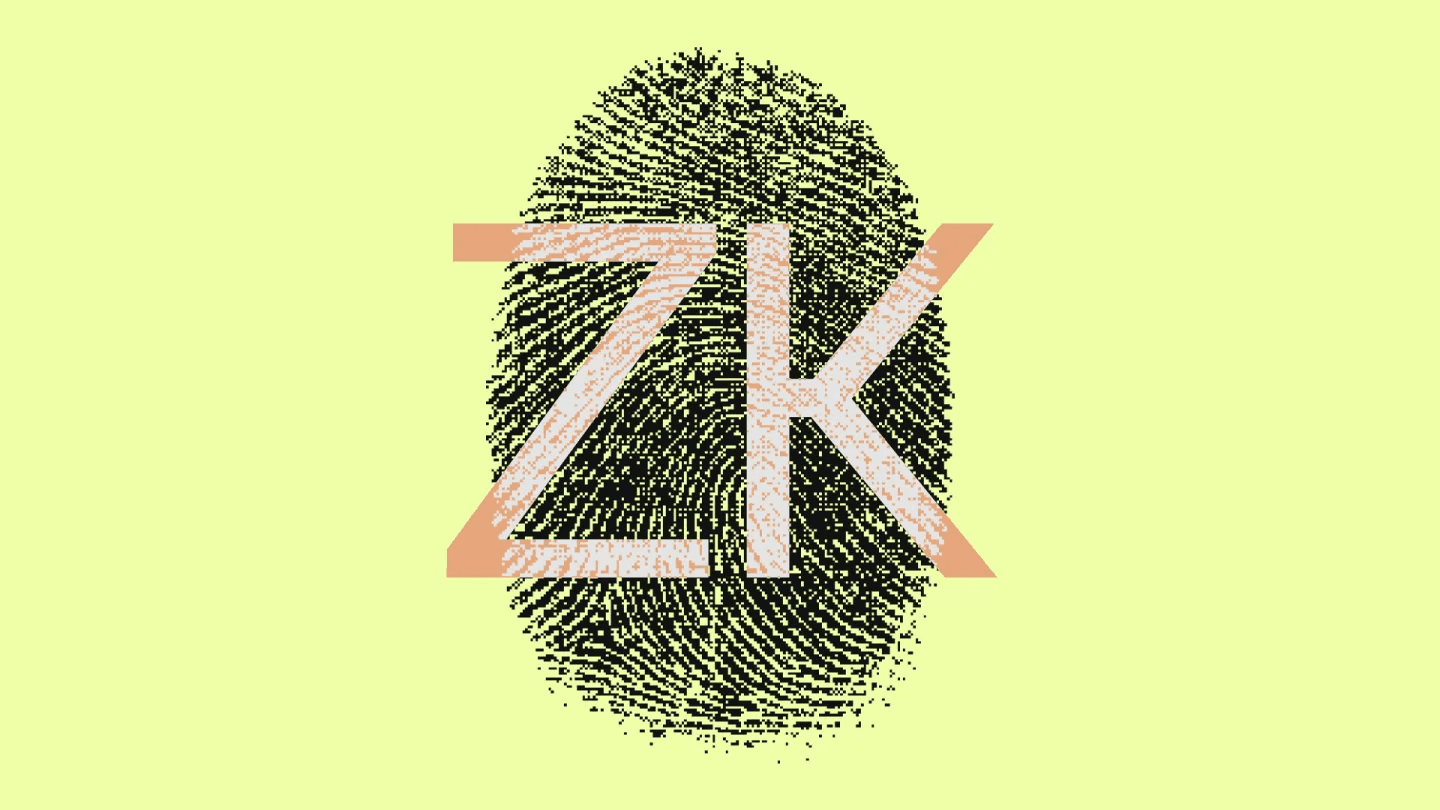
The end goal is to offer these services and many others in an open, free, and democratic manner in a way that helps financial services and markets provide user privacy that is also regulatory compliant (think wallets, DEXs, money markets, and the like).
On Aleo, zero-knowledge gaming and zk-SNARKs help address significant issues related to gaming privacy and the elimination of attack vectors such as distributed denial-of-service (DDoS) attacks and other data leaks. Privacy by-default in gaming also helps allow developers to scale faster because it eliminates many security and privacy issues that take significant capital and manpower to address, while also alleviating their reliance on large rent-seeking gaming studios.
The majority of Aleo’s uses are concentrated on the development of smart contracts, dApps, and protocols that help realize data and privacy protection in an equitable and comaian manner.

The Aleo network, and zero-knowledge in general, has many potential applications that allow for the creation of numerous system types used by governments, enterprises, and institutions that incorporate modificable privacy out-of-box. This customizability is increasingly in demand and will allow for various grades of privacy amongst a wide range of uses, jurisdictions, and regulatory parameters.
In addition, supply chain management is increasingly being incorporated into blockchain systems as a means to track and manage goods and product origins during transport. Moving forward, it seems quite apparent that blockchain system’s built using ZK will have increasingly larger roles to insure the immutability, provenance, and integrity of supply chain systems including, but not limited to: RFID tag tracking, IoT sensors, customs clearance, bill of lading, invoice, and insurance.
Stablecoin pricing and exchange rates are one of many uses that Aleo is designed for. The accuracy of stablecoin exchange rates and pricing is of vital importance in blockchain and crypto, especially with the number of users globally expected to double over the next year or two. As if it's not clearly evident, citizens are tired of being controlled by centralized financial entities and the corrupt cartel-like systems they force upon us.
Stablecoins via crypto exchanges, wallets, and DeFi services offer a far more equitable alternative for many. In addition, stablecoin payment rails for remittances and other uses in retail and wholesale increasingly have far-reaching implications in industries the world over.
Stablecoins are also largely designed to increase enterprise, government, and institutional utility for asset issuance and trading, intellectual property (IP), digital documentation, and e-governance, and a host of other uses. It seems inevitable that privacy (via ZK proofs and other technologies) will be integrated increasingly into blockchain systems for the likes of cross-border and country-specific stablecoin and CBDC networks, creating interoperability and instant exchange between the two asset types.
Some of the most prominent enterprise use cases for ZK proofs include fund transfer for payment networks and services related to the Internet of Things (IoT), enterprise finance, investing, trade finance, real world assets (RWAs), renewable energy, electrical grids, agriculture, mobility and automobile, and more.
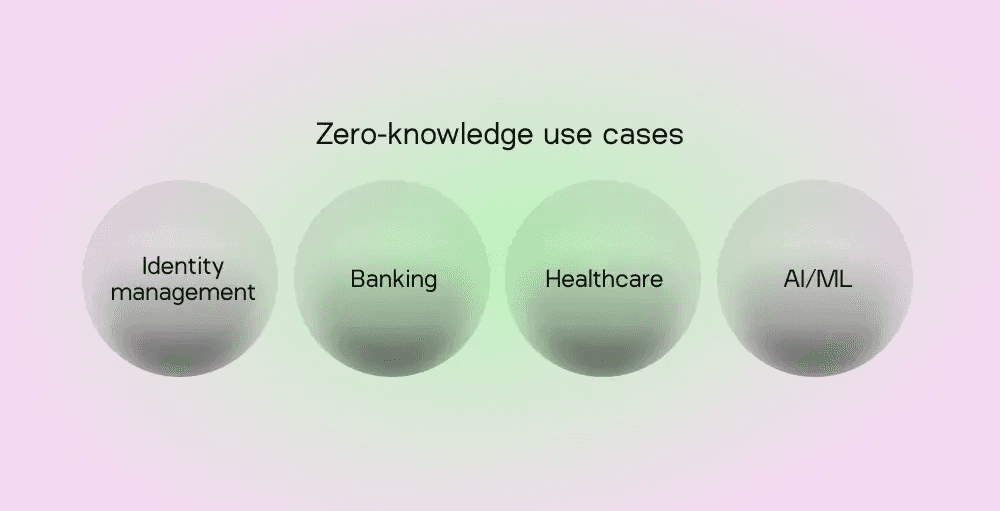
Additional Uses for the Aleo Network and Zero-Knowledge Proofs
In addition to the above sectors and uses, the potential application of zero-knowledge proofs have been highlighted by Aleo on multiple occasions for numerous uses including:
- Data control - data control is imperative as the Internet of Things continues to grow at an alarming rate. The capacity to share raw data increases exponentially as the number of devices and consumers sharing information grows. Through ZKPs, this data can be encoded and confirmed in a way that virtually eliminates the possibility of cyberattacks, while still allowing the data to be used for machine learning.
- Authentication and provenance - zero-knowledge proofs will allow for the verification of data legitimacy without necessarily stamping Personal Identifiable Information (PII) within files (e.g., photographs) that are widely distributed. This is already being conceptualized as a means to combat disinformation by leading computer scientists globally.
- Proving without oversharing - proving the legitimacy of data (such as a user’s financial health) without needing to share bank statements or additional highly sensitive information that can be abused, exploited, or treated negligently is a strong application for zero-knowledge technologies.
- Secret ballot voting - ZK can be used to ensure the legitimacy of voting results, whereby the ledger is not controlled by a single entity or tampered with to vastly improve the confidence that election results are in fact credible and factually accurate.
- Compliance tools - zero-knowledge proofs enable greater access control and separation of responsibility in government and enterprise systems. In addition, ZKPs can also be used to enable cross-validation of data to ensure accuracy and prevent fraudulent practices, trace provenance, (e.g., for weapons tracking), and improve banking regulation systems (e.g., by programmatically updating the latest regulatory requirements or verifying compliance with capital ratios and additional solvency requirements in real-time).
- Digital dollars zero-knowledge proofs can be used to help guarantee the privacy of digital dollars, while at the same time allowing issuers to make use of intermediate tools required to comply with the appropriate regulations (e.g., a centralized issuer is able to KYC users while retaining view keys used for decryption, enabling compliance and audit teams to identify potentially suspicious users and transaction types)
- Diplomacy - during 2016, the Princeton Plasma Physics Laboratory unveiled a technique that could enable inspectors to confirm disarmament (e.g., to determine whether an object is in fact a nuclear weapon) without recording or revealing its internal workings, which may be top secret.
In addition, according to Aleo Network Foundation Executive Director Alex Pruden’s Forbes article, Aleo’s utilities extend to efficient global payment networks, the contribution to a decentralized trusted internet environment, transparent humanitarian aid, and decentralized creator-led economies.
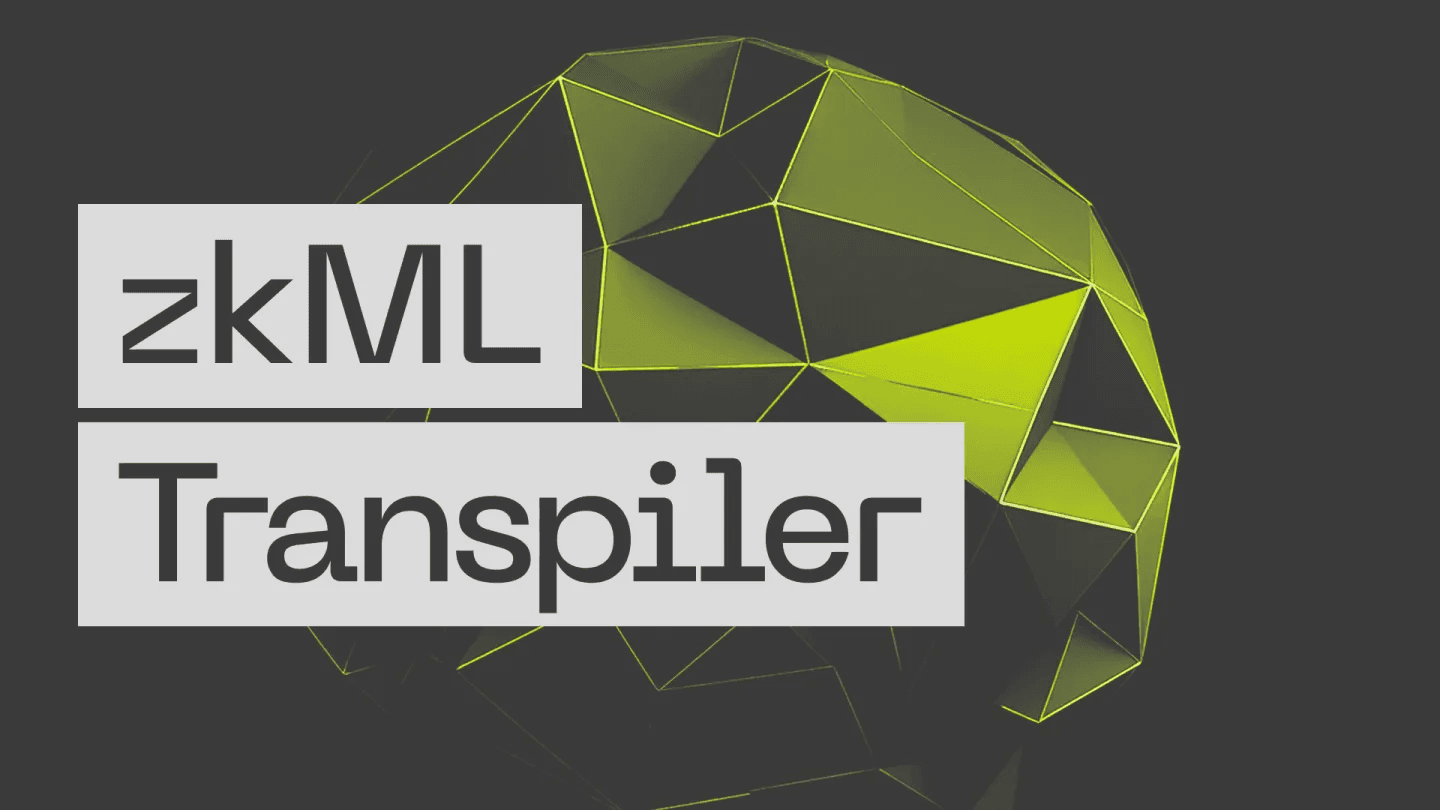
zkML Transpiler: Verifiable Machine Learning Models on Aleo
With the continued progression of artificial intelligence (AI) and machine learning (ML) algorithms and the enormous amounts of data they ingest, it is critical that users know how each model operates and that their data is protected and stored confidentially. Aleo’s privacy-focused stack gives users this control and guarantee that algorithms are consistent, secure, and fair for all parties.
Zero-knowledge proofs represent a unique way for engineers to create and run AI-focused machine learning models that cryptographically verify computation was completed correctly, while also providing the flexibility to choose which properties are made public. This allows for the best of both worlds in terms of utility: intelligent, customizable outputs based on secure reliable models.
ZK proofs are capable of a wide range of applications in the real world as the technology advances. One of Aleo’s main frameworks used to address some of these utilities is realized through the zkML transpiler.
The zkML transpiler is an open-source SDK that interconnects Python (one of machine learning’s most popular languages) and zero-knowledge cryptography via zk-SNARKs. Engineers are able to train their machine learning models as they normally would then utilize the transpiler to convert their model into Leo, a ZK-friendly programming language compatible with the Aleo network.
Through the combination of the zkML transpiler, the Leo language, and other systems, engineers are able to create a wide range of machine learning models, unlocking potential utilities in a wide range of industries (especially those where data security and regulatory scrutiny is prevalent).
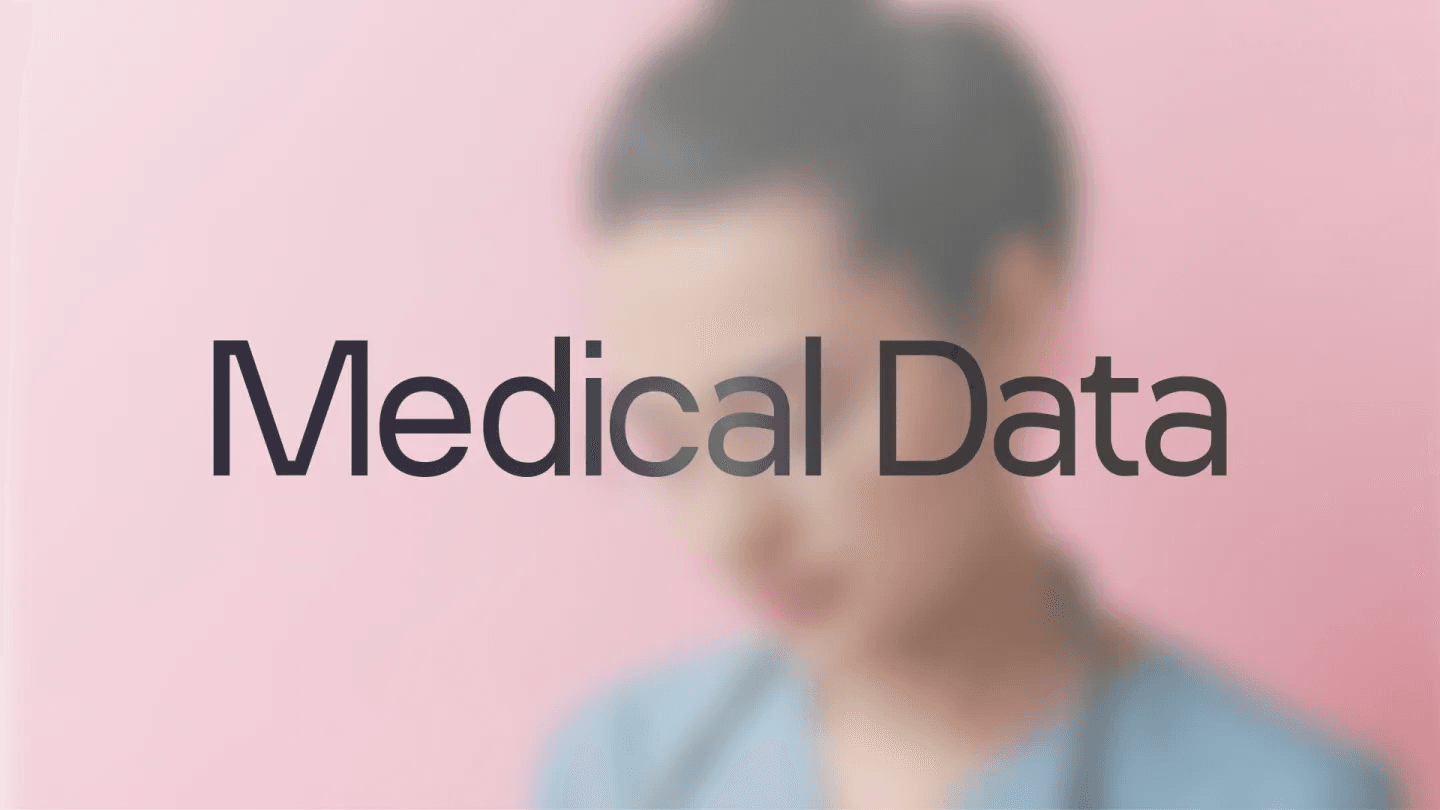
Uses for this technology include confidential Know-Your-Customer (KYC) processes, privacy-preserving credit scoring, the generation of more accurate stablecoin exchange rates, fairer rate health insurance, enhanced healthcare patient confidentiality, human identity and online authentication, and other uses cases that employ single and multi-layer neural networks via Leo and zk-proofs.
Other uses include safeguarding machine learning models in high-assurance industries such as the military, autonomous vehicles, and medical imaging and diagnostics. When lives are on the line, it is absolutely critical that machine learning models produce correct and verifiable results and haven’t been hacked or modified by malicious third parties.
In addition, Aleo’s privacy-centric design helps safeguard machine learning models in many additional industries, highlighting the fact that companies that have trained their own AI models don't want them to be compromised or stolen.
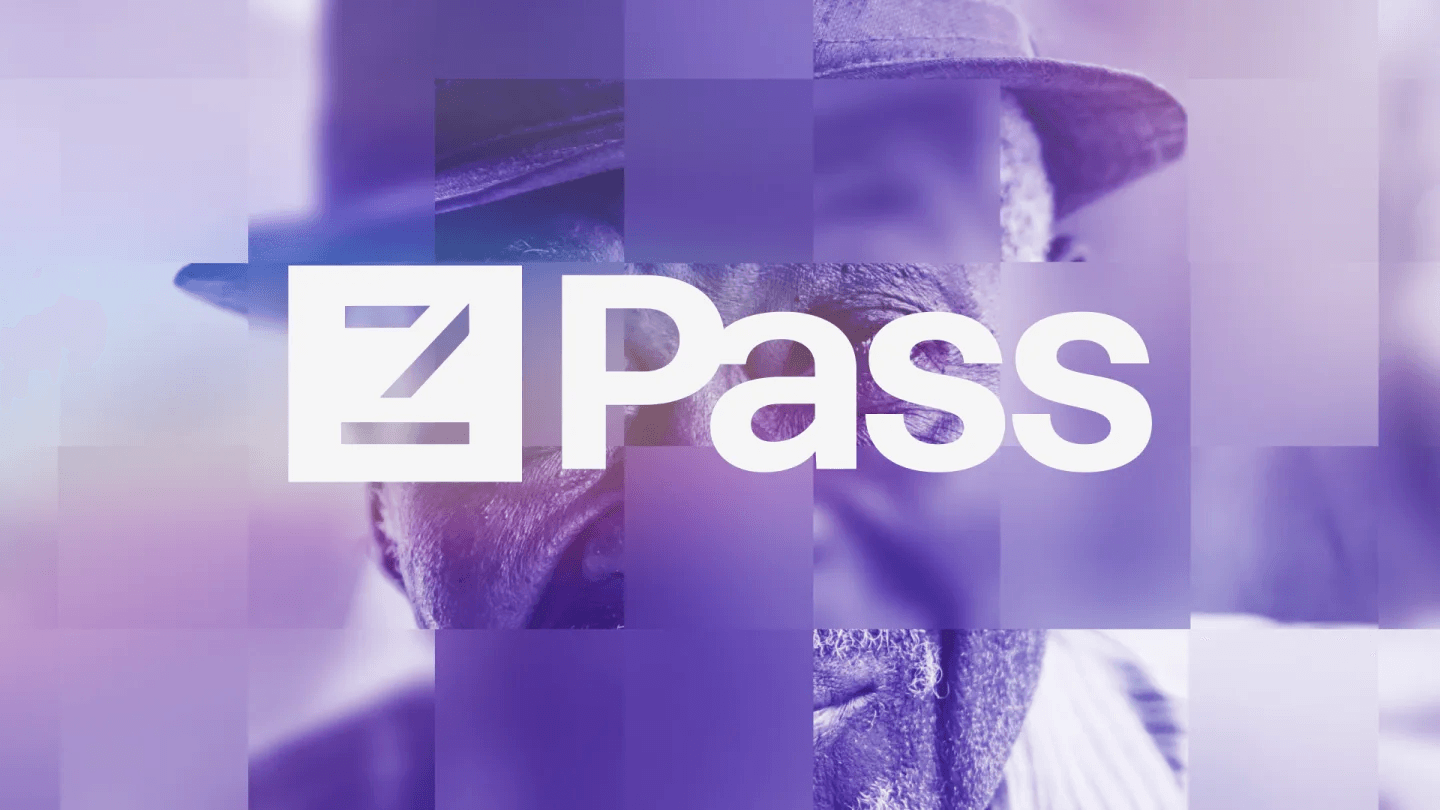
zPass: Aleo’s Answer to Decentralized Identity and Credential Verification
zPass is Aleo’s proprietary identity framework that employs the use of zero-knowledge cryptography for private online decentralized identity and credential verification.
The zPass solution addresses the privacy paradox for online users that face the dilemma between providing the required identity or credential information they are asked for and safeguarding themselves from fraud.
This allows users to access online applications and the like securely and anonymously and only reveal essential details, while ensuring that sensitive data is stored safely online. zPass has numerous applications in medical and healthcare, voting and elections, passports, driver’s licensing, insurance, education, and more.
Through zPass, organizations and individuals can upload their identity or credential documents offline or on private devices (via their mobile phone or others) or services. After this initial process, they are able to anonymously share cryptographic proofs that allow them to verify to institutions that the underlying data they upload is in fact legitimate.
This in turn ensures after verification is complete, that the institution does not have to hold the data internally and carry the cybersecurity risk and regulatory burden should something happen to the user’s data. In this system, decentralized validator nodes receive the proof in a transaction, cryptographically verify its legitimacy, and then add it to the Aleo blockchain.
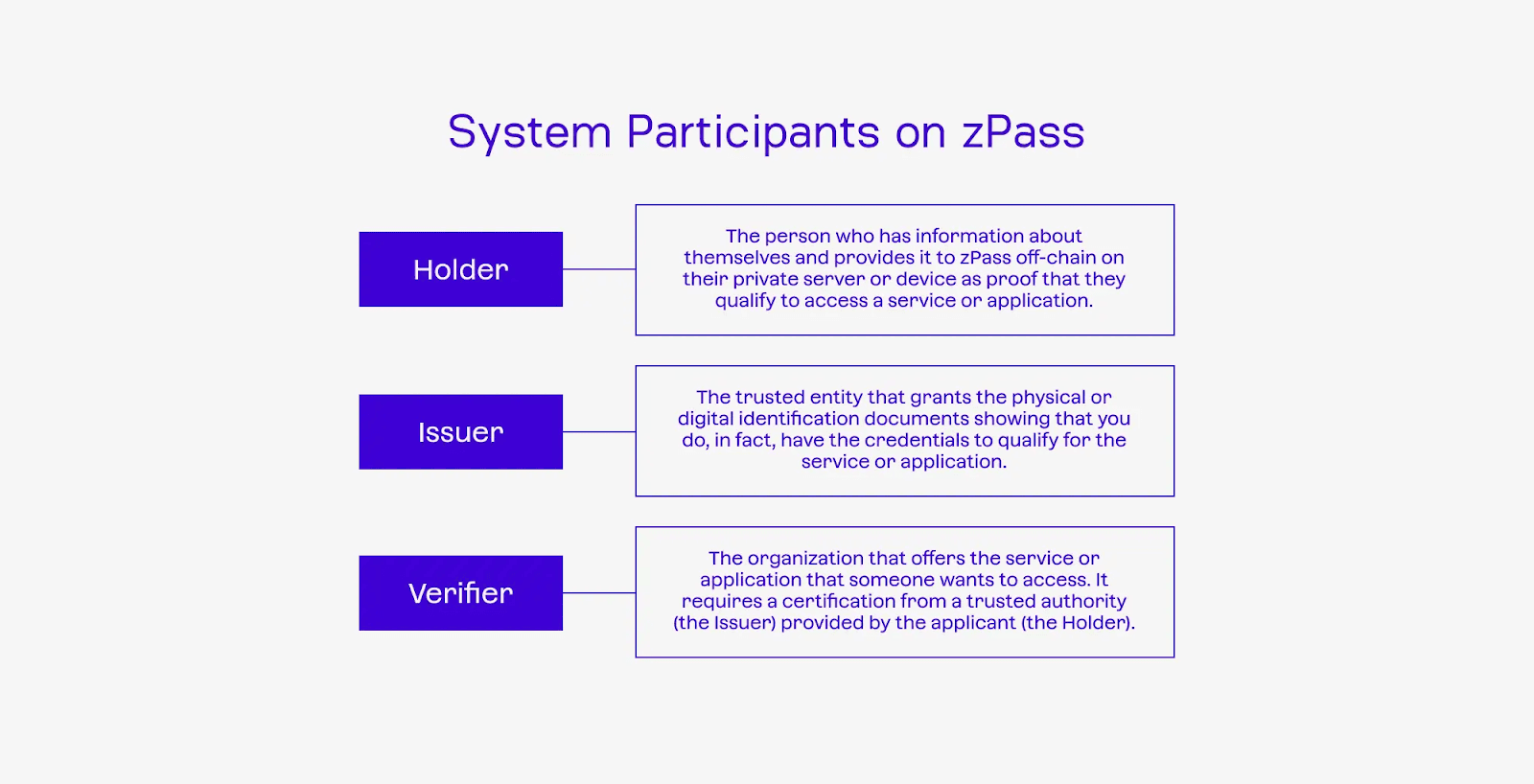
zPass makes use of three main participants that allows the service to work as intended, including:
- Holder - an individual or entity that possesses data about themselves that they provide to zPass off-chain on their private device or server to prove they are authorized to access an application or server. This can relate to the holder of various types of data such as their name, financial history, personal history, health history, company history, educational history, citizenship, accomplishments, and more.
- Issuer - a reliable and trusted entity that grants digital or physical identification documents (typically in the form an ID) that proves that the individual or entity does in fact have the credentials to qualify for the application or service (e.g., a doctor's note detailing the user’s medical history or a credit report detailing the user’s financial history).
- Verifier - an entity or organization that provides the service or application that another party wants to access in an online environment. They require an online certification from a trusted authority (the issuer) provisioned by the applicant (the holder). Examples of this include an employer that needs to check a user’s work history, a doctor needing to check a patient’s medical history, a post secondary institution needing to verify an applicant's academic credentials, or a company that needs to check that the requested information provided is true.
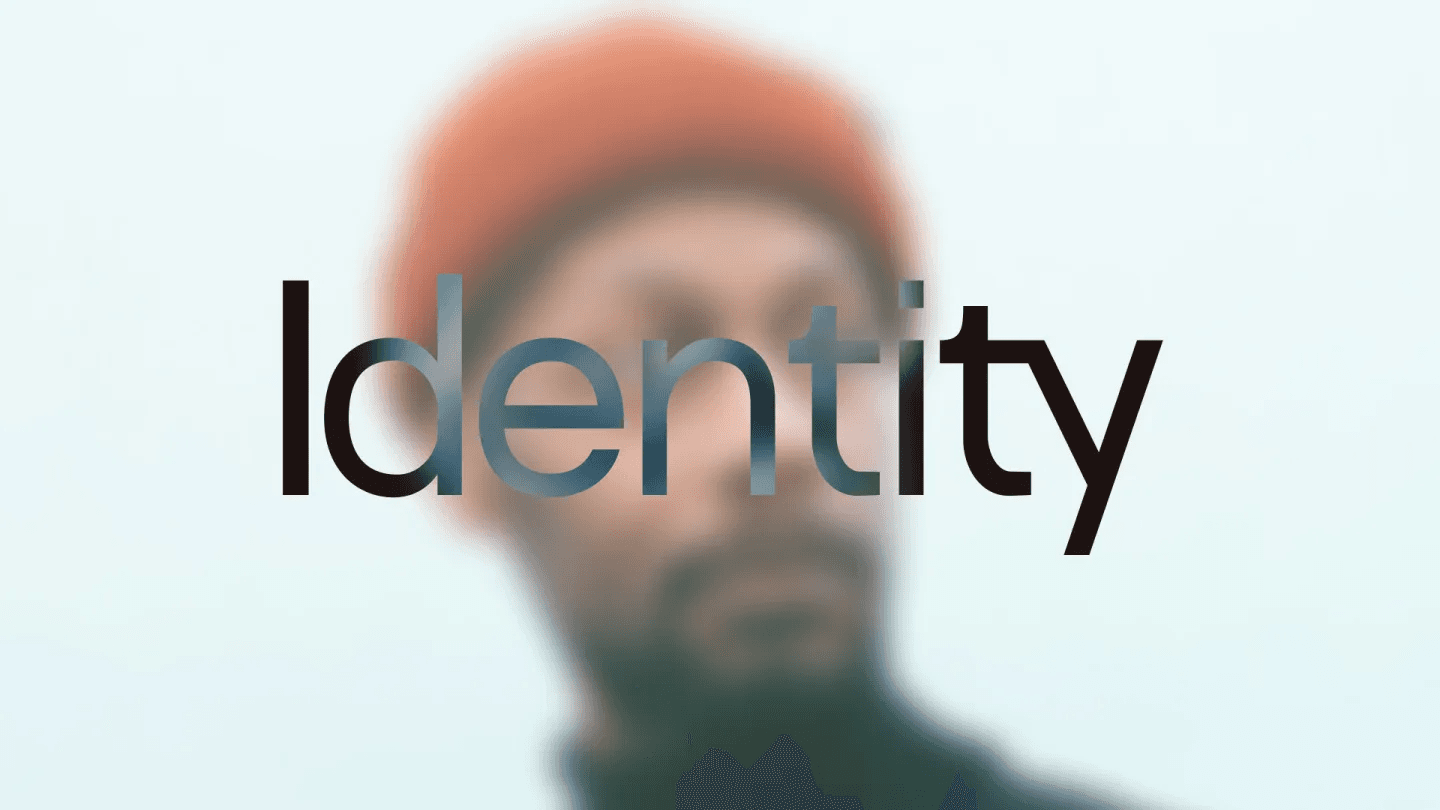
The zPass framework is also able to integrate with pre-existing signed credentials like driver’s licenses or passports, as proofs on the Aleo blockchain, a capability facilitated by the execution of programs that generate cryptographic proofs locally on a user’s device.
As an example, a user may wish to authenticate their identity via their license or passport to make use of specific online services. zPass allows the user to locally compute and validate the data from this document to generate a binary true/false output and a zero-knowledge proof (ZKP) confirms that the output is legitimate without ever setting sights on the actual document (i.e., zPass cryptographically verifies its authenticity, but the holder is able to protect their document’s information simultaneously).
As is reflected in this section, zPass sets a new standard for fast private digital identity verification, which in turn boosts security, prioritizes user privacy, builds trust, and streamlines compliance processes for all involved.
Privacy as a Foundational Model for Blockchain and the Internet
As is evidenced by the analysis above, the right to online data and information privacy is a fundamental human right that sadly continues to be challenged in today’s current internet landscape.
Aleo represents one of many blockchain paradigms built to help address these issues as a means to allow all of us to make use of a more equitable and democratic internet as its utility continues to expand and flourish.
Wthere on our laptops, desktop computers, mobile phones, or a vast plethora of interconnected devices, new use cases for technology and the internet pop up on an hourly basis without us being the wiser. The fact remains that we are currently experiencing a global paradigm of technological evolution not before seen in history.
As Ray Kurzweil illustrates in his 2001 essay, The Law of Accelerating Returns, technological innovation between 2000 and 2100 will accelerate to 20,000 times that of the previous century. Though the accuracy of his prediction is debatable, Kurzweil believes the world’s information will double every 12 hours by 2025. Nonetheless, this perspective shows how fast things are progressing technologically with each passing year.
Regardless, it seems inevitable that with the impossibility of this trend abating anytime soon, that the need for privacy will be second-to-none as we continue to expand and evolve through this technological and digital vortex.
In turn, the plethora of uses and utilities that will come to fruition over the next several years — and in the decades beyond — will greatly change our society forever.
With that fact seemingly inevitable, technologies such as blockchain-focused zero-knowledge computation upheld by networks like Aleo and others, will be critical to ensuring that humanity continues to live in a free, equitable, and democratic society.
Resources
The information provided by DAIC, including but not limited to research, analysis, data, or other content, is offered solely for informational purposes and does not constitute investment advice, financial advice, trading advice, or any other type of advice. DAIC does not recommend the purchase, sale, or holding of any cryptocurrency or other investment.
